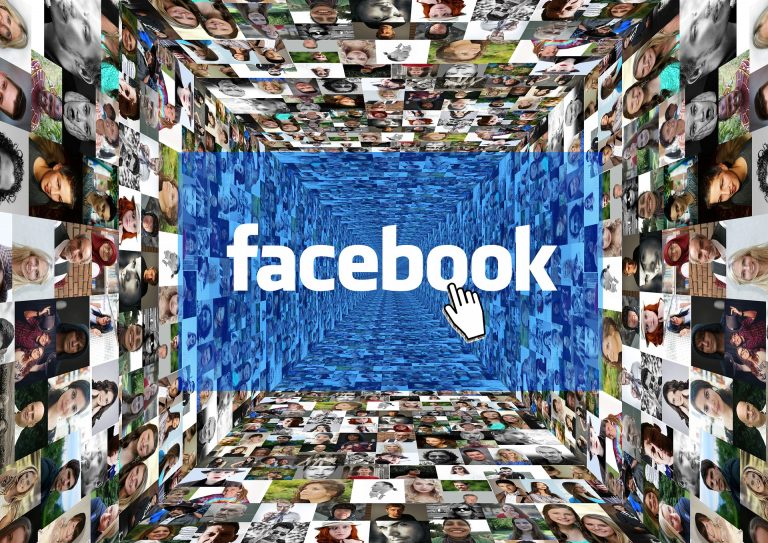Facebook has been dealing with scandal after scandal for some time and has come under intense scrutiny from global lawmakers and regulators. According to a recent report, users with low digital literacy skills have become the latest victims of the platform. Research shows that they are being presented with sexual, hostile, and disturbing content.
In order to test the digital literacy skills of its users, Facebook’s researchers conducted a survey two years back that consisted of five questions. The survey tested to what extent users comprehended Facebook’s app interface and digital terms like “tagging” somebody on social media.
In accordance with the number of questions answered correctly, the users were assigned a score. The researchers then compared the users’ scores with the kind of content being fed by Facebook’s algorithms over a 30-day period.
The users’ scores predicted the percentage of violent and nude posts they were exposed to. Users who failed to answer any of the questions correctly saw 13.4 percent more graphic violence and 11.4 percent more nudity when compared to those who got all the questions right. The lower a users’ score, the more likely they were to be exposed to violent or adult content.
“This is super interesting… It’s also super sobering to realize that the ‘default’ feed experience, so to speak, includes nudity + borderline content unless otherwise controlled,” a Facebook employee commented on an internal study.
Success
You are now signed up for our newsletter
Success
Check your email to complete sign up
Vulnerable users with low digital literacy skills were identified by Facebook in another study. Researchers conducted several extensive interviews and in-home visits with these people to gain a better understanding of them. They discovered that the disturbing posts which inundated the users’ feeds led them to disengage themselves from Facebook for lengthy periods and also intensified the troubles they were already facing.
For example, posts that featured racial hatred, intimidating, bullying children, and killing others were frequently displayed to a middle-aged black woman. Shortly after one person started following coupon and savings pages, their feed was permeated with financial scam ads. A person who joined a Narcotics Anonymous Facebook group started receiving ads for alcoholic beverages.
As per the documents furnished to the Securities and Exchange Commission (SEC) and Congress by attorneys for Frances Haugen, a former Facebook employee, the studies are some of several conducted in the past few years into the harmful effects that Facebook’s platforms pose to people with low digital literacy skills.
The studies also revealed that people of color, older, lower socioeconomic status, and lower education were the ones found with the lowest digital literacy skills. Researchers predicted that between one-quarter and one-third of all Facebook users can be classified as low-tech-skilled. That includes approximately one-sixth of U.S. users and nearly 50 percent of users in “emerging markets.”
When users in this demographic were taught how to use functions like “hide” and “unfollow” to manage their feeds, the researchers noticed that user experience was optimized considerably. An “Easy Hide” button was also tested by Facebook and the number of posts people hid increased substantially.
Easy Hide has not been employed by Facebook. However, features like “Why am I seeing this post?” were introduced in 2019. Researchers have suggested Facebook launch a widespread education campaign about these features, make them more visible, and put an end to content being displayed to users from pages and groups they don’t follow.
















